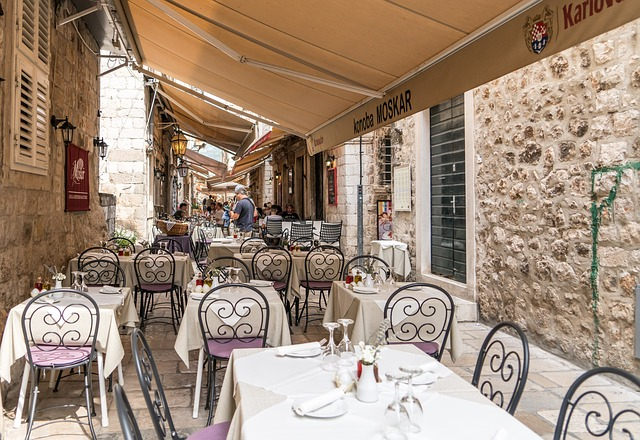Despite the demanding circumstances due to the pandemic, tourism has recorded good physical results this year to date and the value of fiscalised receipts is at 89% of the value in 2019, he said in Župa Dubrovačka.
Plenković voiced confidence that this year’s tourism revenue will be close to the revenue generated in 2019. He said the government would continue to support tourism and that during the pandemic it had paid HRK 4.8 billion in aid to 36,000 employers for 190,000 employees in tourism.
As a result of that, Croatia is among the countries with the best tourism results in the Mediterranean this year, Plenković said, adding that the key part in that was played by the people working in the sector.
We need sustainable, innovative and resilient tourism, for which we have ensured HRK 2.2 billion in the National Resilience and Recovery Plan, as well as a sustainable tourism strategy. That will be part of the activities whereby we wish to stabilise the economy in the next decade, Plenković said.
Sustainable tourism development requires qualified personnel and to that end the government has invested HRK 388 million in competency centres across Croatia, he said, adding that the government will continue to increase funds for tourism scholarships.
The prime minister said the latest projections put this year’s GDP growth at 9%. “We rebounded quickly,” he said, “and tourism played a brilliant part in that.”
Scholarships to be increased to HRK 2,000
Tourism Minister Nikolina Brnjac said scholarships for tourism and hospitality secondary school students would be raised from HRK 1,200 to 2,000, adding that 2,000 scholarship contracts have been signed so far.
She said the promotion of jobs in tourism and hospitality would be intensified, adding that a survey of 300 persons aged 16-29 shows that 9% work in tourism or attend tourism school, and that one in 10 of those working in tourism do not plan to make a career out of it.
One-third are neutral about a career in tourism, and 60% seek additional training, Brnjac said, adding that the main incentive to work in tourism would be higher salaries, which are now below the average Croatian wage.
We want young people to stay in Croatia, and encouraging them work in tourism is a challenge in many countries because there is a labour shortage everywhere, Brnjac said.
Šuica: Young people important for EU
The European Commission vice president for demography and democracy, Dubravka Šuica, said the Conference on the Future of Europe she initiated included measures and policies for young people.
She called on young people to propose, as part of the Conference, what kind of future they want.
It would be pointless to think about and plan for the future without them, including in tourism, and it’s necessary to invest in them, Šuica said, adding that this year’s tourism results were better than last year’s and that revenue per hotel room increased by 68%.
She said the Commission would soon propose a European pact for skills, including digital ones, for high quality service in tourism.
Fuchs: 9% of secondary school students in tourism schools
Education Minister Radovan Fuchs said only 9% of secondary school students enrolled in tourism schools this year. He added that only 30% of secondary school students enrolled in vocational schools in Croatia, as against 45% in the EU.
“That’s why we are reforming the education system. Something needs to be done because hospitality and its workers are key to our economy,” he said.
For more news, CLICK HERE.








